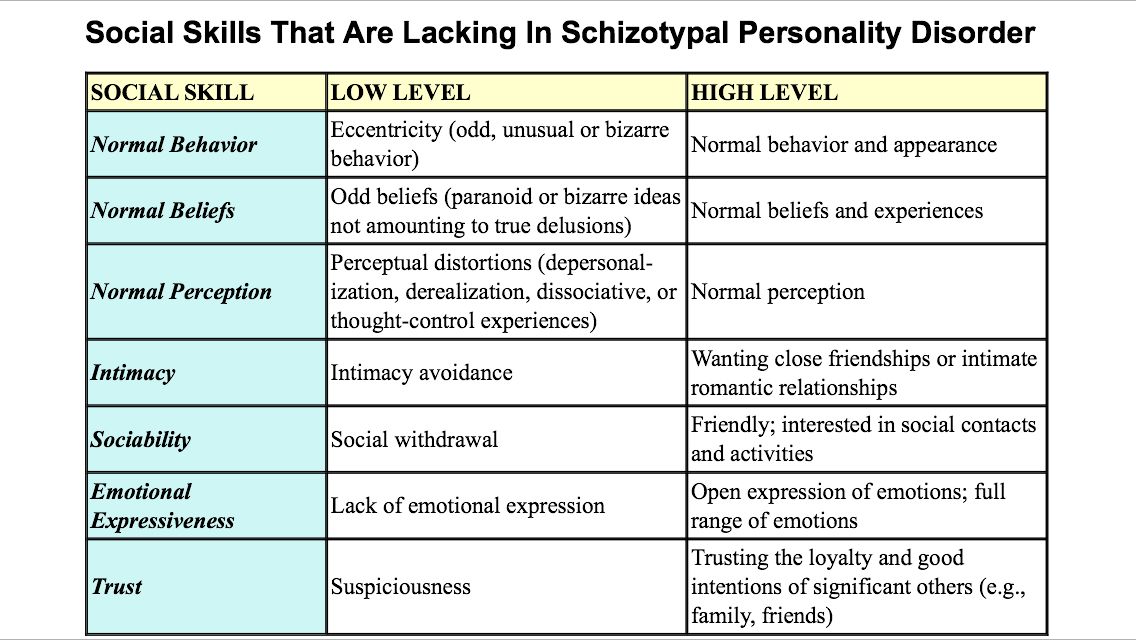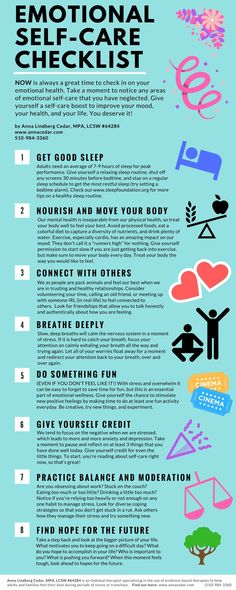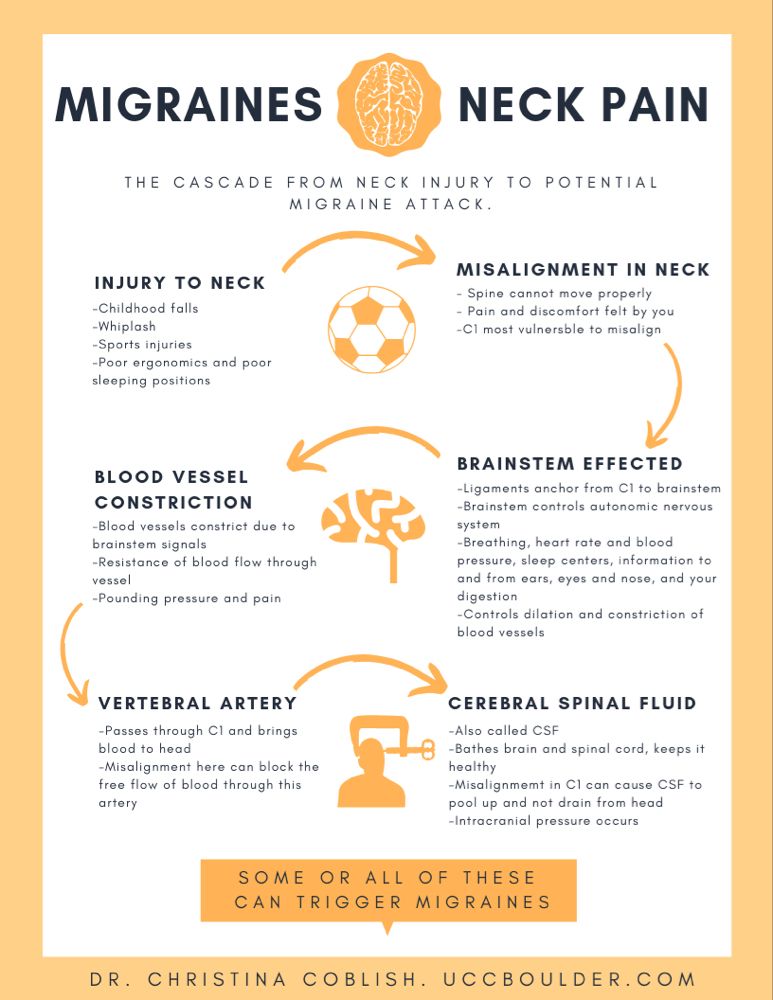What you know about dreams
Why We Dream, Nightmares, and Lucid Dreams
Written by Hedy Marks
Dreams can be entertaining, disturbing, or downright bizarre. We all dream, even if we don't remember it the next day. But why do we dream? And what do they mean, anyway?
What Are Dreams?
Dreams are basically stories and images that our mind creates while we sleep. They can be vivid. They can make you feel happy, sad, or scared. And they may seem confusing or perfectly rational.
Dreams can happen at any time during sleep. But you have your most vivid dreams during a phase called REM (rapid eye movement) sleep, when your brain is most active. Some experts say we dream at least four to six times a night.
Lucid dreams
A lucid dream is one in which you know you’re dreaming. Research shows that lucid dreaming comes with a boost of activity in parts of the brain that are usually restful during sleep. Lucid dreaming is a brain state between REM sleep and being awake.
Some lucid dreamers are able to influence their dream, changing the story, so to speak. This may be a good tactic to take sometimes, especially during a nightmare, but many dream experts say it’s better to let your dreams flow naturally.
Nightmares
A nightmare is a bad dream. It’s common in both children and adults. Often, it happens because of:
- Stress, conflict, and fear
- Trauma
- Emotional problems
- Medication or drug use
- Illness
If you have a certain nightmare over and over again, your subconscious may be trying to tell you something. Listen to it. If you can't figure out why you’re having bad dreams, talk to a mental health care provider. They may be able to help you figure out what’s causing your nightmares and give you tips to put you at ease.
Keep in mind that no matter how scary a nightmare is, it’s not real and most likely won’t happen to you in real life.
Why Do We Dream?
There are many theories about why we dream, but no one knows for sure. Some researchers say dreams have no purpose or meaning. Others say we need dreams for our mental, emotional, and physical health.
Some researchers say dreams have no purpose or meaning. Others say we need dreams for our mental, emotional, and physical health.
Studies have looked into the importance of dreams to our health and well-being. In one study, researchers woke people just as they were going into REM sleep. They found that those who weren’t allowed to dream had:
- More tension
- Anxiety
- Depression
- A hard time concentrating
- Lack of coordination
- Weight gain
- A tendency to hallucinate
Many experts say dreams exist to:
- Help solve problems in our lives
- Incorporate memories
- Process emotions
If you go to bed with a troubling thought, you may wake with a solution or at least feel better about the situation.
Some dreams may help our brains process our thoughts and the events of the day. Others may just be the result of normal brain activity and mean very little, if anything. Researchers are still trying to figure out exactly why we dream.
How Long Do Dreams Last?
REM sleep lasts only a few minutes early in the night but gets longer as we sleep. Later in the night, it might last more than 30 minutes. So you might spend half an hour in a single dream.
What Do Dreams Mean?
Famous psychologist Sigmund Freud believed that dreams are a window into our subconscious and that they reveal a person's:
- Unconscious desires
- Thoughts
- Motivations
Freud thought dreams were a way for people to satisfy urges and desires that weren’t acceptable to society.
Just as there are different opinions about why we dream, there are different views about what dreams mean. Some experts say dreams have no connection to our real emotions or thoughts. They’re just strange stories that don't relate to normal life.
Others say our dreams may reflect our own thoughts and feelings -- our deepest desires, fears, and concerns, especially dreams that happen over and over. By interpreting our dreams, we may gain insight into our lives and ourselves. Many people say they’ve come up with their best ideas while dreaming.
Many people say they’ve come up with their best ideas while dreaming.
Often, people report having similar dreams: They’re being chased, fall off a cliff, or show up in public naked. These types of dreams are probably caused by hidden stress or anxiety. The dreams may be similar, but experts say the meaning behind the dream is unique to each person.
Experts say not to rely on books or "dream dictionaries," which give a specific meaning for a specific dream image or symbol. The reason behind your dream is unique to you.
Can Dreams Predict the Future?
Sometimes, dreams come true or tell of a future event. When you have a dream that plays out in real life, experts say it’s most likely due to:
- Coincidence
- Bad memory
- An unconscious linking of known information
But sometimes, dreams can motivate you to act a certain way, thus changing the future.
Why Are Dreams Hard to Remember?
Researchers don't know for sure why dreams are easily forgotten.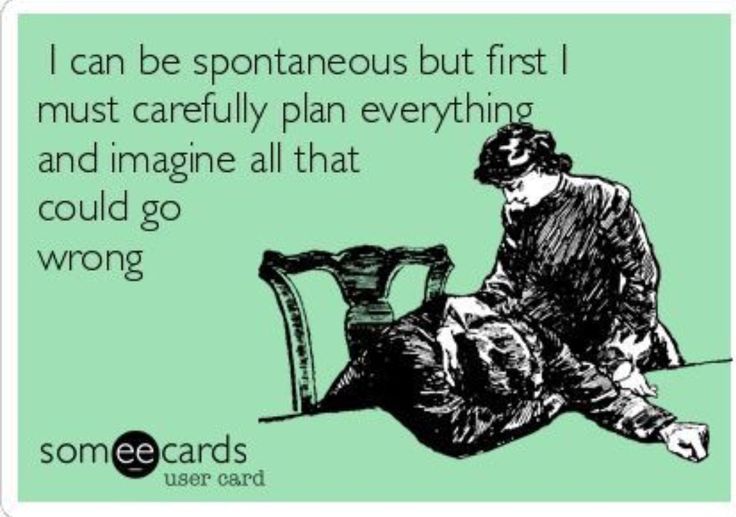 Maybe we’re designed to forget our dreams because if we remembered them all, we might not be able to tell dreams from real memories.
Maybe we’re designed to forget our dreams because if we remembered them all, we might not be able to tell dreams from real memories.
Also, it could be harder to remember dreams because during REM sleep, our body may shut down systems in our brain that create memories. We may remember only those dreams that happen just before we wake, when certain brain activities are turned back on.
Some say it’s not that our minds forget dreams but that we don't know how to access them. Dreams may be stored in our memory, waiting to be recalled. This may explain why you suddenly remember a dream later in the day: Something may have happened to trigger the memory.
Tips for Dream Recall
If you’re a sound sleeper and don't wake up until the morning, you’re less likely to remember your dreams, compared with people who wake up several times in the night. Some tips may help you remember your dreams:
Wake up without an alarm. You’re more likely to remember your dreams if you wake up naturally than with an alarm. Once the alarm goes off, your brain focuses on turning off the annoying sound, not on your dream.
Once the alarm goes off, your brain focuses on turning off the annoying sound, not on your dream.
Remind yourself to remember. If you make a decision to remember your dreams, you’re more likely to remember them in the morning. Before you go to sleep, remind yourself that you want to remember your dream.
Dream playback. If you think about the dream right after waking, it may be easier to remember it later.
How to Make Sense of Your Dreams
If you’re curious about your dreams or want to sort out any possible meaning behind them, consider keeping a dream diary or journal.
Write it down. Keep a notebook and pen next to your bed, and record your dream first thing every morning, while the memory is still fresh. Write down anything you recall and how it made you feel, even if you can remember only random pieces of information.
Journal without judgment. Dreams are sometimes odd and may go against societal norms. Try not to judge yourself based on your dreams.
Try not to judge yourself based on your dreams.
Give each dream a title. This may help if you want to refer back to a dream. Sometimes, the title you create can provide insight on why you had the dream or the meaning behind it.
Dreams have fascinated humanity since the beginning of time and will probably continue to puzzle us. Science has allowed us to learn much about the human brain, but we may never know for sure the meanings behind our dreams.
Everything You Need to Know About Dreams – MAGAZINE
Sponsored Post
Dreams can be fascinating, stress-relieving, stress-boosting, exhausting, and depressing. With the different behaviors of dreams, it is difficult to determine whether your dreams are good or bad for you. We all dream every night, and every dream is different from the previous one in some manner. It becomes challenging at times to remember exactly what you have dreamt about.
So, let’s have a look at how dreams differ as well as some interesting facts about them.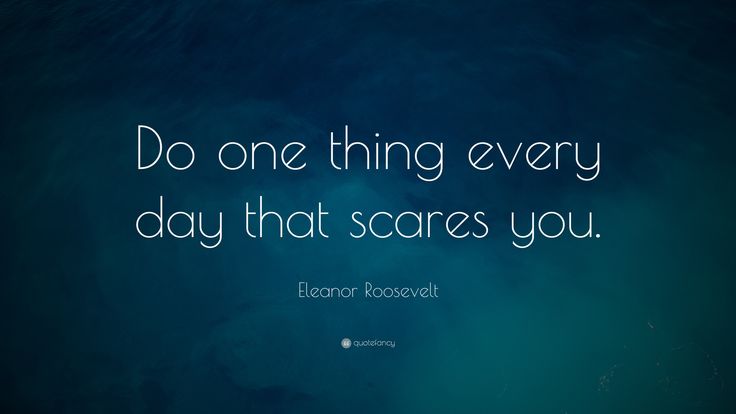
What are dreams?
Dreams are visual images or stories that we experience while sleeping. They can make you feel happy, sad, or scared. They may confuse you with totally irrational facts or make you believe in some of the things you were struggling about.
Dream interpretation is tough at times, especially when you hardly remember what you saw in your last dream. But you can come to a point where you can retrospect dreams and relate them to situations in your daily life. Dreams tend to last for approximately 20-30 minutes.
With billions of people living in the world, each person’s dreams can differ based on their daily routine, people who are connected to them, and the ups and downs of life.
Types of dreams:1. Lucid Dreams
Lucid dreams are dreams where the person is aware of what they are dreaming about. While a person lucid dreams, they may gain some control over the things that are happening in their dreams. Lucid dreams tend to occur during REM (Rapid Eye Movement) sleep when your brain is most active.
Lucid dreams tend to occur during REM (Rapid Eye Movement) sleep when your brain is most active.
Vivid dreams are dreams that you can remember easily and can recall precisely how they appeared in your mind while you were asleep. They can be fascinating or sometimes totally bizarre. The reason you can remember them is that they occur mostly during the REM period.
3. NightmaresNightmares are bad dreams that ruin the snoozing period in children as well as adults. They occur in adults mostly because of stress, anxiety, trauma, illness, or medication.
Sometimes, nightmares may reflect specific situations related to your life. If you struggle with nightmares, you can connect with mental health care providers who can introduce you to some coping mechanisms to help find yourself at ease. While it is difficult to handle nightmares, you can rest assured that they are just a figment of your imagination.
4. False awakenings
False awakeningsHave you ever had the kind of dream where you have woken up, gotten ready for work or school, reached your destination, and instantly realized that you were dreaming? These dreams make you feel as though you are doing something, but you are in fact only dreaming about them in your subconscious mind. These dreams are called false awakenings.
Interesting facts about dreams:1. Smell affects the quality of your dreams
Researchers did a study about how smell can affect our dreams. They isolated people in two rooms. One room contained roses while the other had rotten eggs. They found that people who were kept in the room with roses had better dreams than the unlucky ones who were kept in the room with the bad smell. They think that it may be a part of the sense that links two different parts of the brain that are linked to dreaming.
2. Dreams may help your brain in storing memoriesSome researchers genuinely believe that dreaming is one of the features of sleep. It helps you save memories by recalling incidents. Also, it helps you in managing your emotions and solving problems by presenting various scenarios related to your thoughts.
It helps you save memories by recalling incidents. Also, it helps you in managing your emotions and solving problems by presenting various scenarios related to your thoughts.
Medicines affect the nervous system of our body and release various chemicals in the brain that can indirectly affect our thinking process. Some medications, such as sleeping pills, narcotics, and anti-depressants, can affect your thoughts and lead to nightmares.
4. Women report having more nightmares than menSome sleep studies also reveal that women tend to report having more nightmares than men. The research shows that this is because women continue to sleep by carrying more worries as compared to men.
5. It’s not easy to understand the meaning of your dreams
Dreams differ as per our life’s emotional balance. If we are happy, we tend to remember the straightforward dreams. But, if we are upset, we struggle with fluctuating thoughts and dreams. Sometimes, dreams are also trickier, where you remember only a particular portion of your dream rather than the whole.
Sometimes, dreams are also trickier, where you remember only a particular portion of your dream rather than the whole.
Sometimes after waking up, we try our best to remember what we dreamed about last night. But, we hardly remember anything except some little parts of our dreams. If you want to improve remembering your dreams, you can try noting the small things in a journal. If nothing comes to your mind at one point, it may come at a later stage.
7. Everyone’s dreams differ with their culturePeople from different cultures possess different values, thoughts, and beliefs. So, the dreams they experience merely depend on their cultural values and beliefs.
8. Every person on Earth dreamsThere is not a single human being who does not dream. Even animals tend to dream. The only thing is that your dreams fade away by the time you are awake in the morning. But, these faded dreams consume at least 2-3 hours every night from everyone’s sleep.
But, these faded dreams consume at least 2-3 hours every night from everyone’s sleep.
Studies show that people who are blind since birth do not have visual dreams. People who go blind in early childhood also don’t experience many visual dreams. But, people who go blind at a later stage in their life or in adulthood do experience visual dreams.
10. People do not only dream during REM (Rapid Eye Movement) sleepYour sleeping period is mainly divided into two parts: REM and Non-REM. Your brain is highly active during the REM period, but you have dreams in both states. However, sleep studies show that dreams that occur in the REM period are more vivid.
Dreams have come to you since your birth and will stay with you until your last breath. At every point in your life, they may vary according to your circumstances. Dream interpretation can possibly make you realize the reality behind your dreams and their importance in your life.
Paresh Patil has 3 years of experience in the IT sector. He loves to write about fashion, lifestyle, and technology. He has currently worked on stylecaret.com, a fashion e-commerce portal in India.
90,000 10 new scientific facts about dreams- William Park
- BBC Future
Author photo, Thinkstock
PIDSIS to the photo,Sleep still remains a mysterious phenomenon for scientists
SPA still remains one of the least studied phenomena in psychology and physiology. Correspondent William Park talks about some intriguing facts that have recently become known to scientists.
The science of sleep is a mysterious territory. Researchers are still not sure what happens in our brains during sleep that makes us dream, and what they mean. But in recent years, science has uncovered a few things about what happens to our brains in the arms of Morpheus. nine0011
nine0011
10 surprising facts about why we need a good night's sleep:
1. Familiar smells help form memories in the brain during sleep, improving your learning performance.
2. Starting of the body when we fall asleep is a very common phenomenon. It is completely harmless and is called "hypnotic jerks".
Image copyright, Thinkstock
Image caption,Playing wind instruments improves sleep
0033 Rev. ) promotes better sleep because it strengthens the muscles that are involved in the breathing process.
4. An analysis of human circadian biorhythms shows that the most natural time for daytime sleep is between 14:00 and 16:00. While naps in the afternoon are more conducive to recovery, a little rest around noon boosts creativity.
Skip the podcast and continue
podcast
What did it cost
The main story of today, how our journalists explain
Issues
End of the podcast
5. Research has shown that a mutation in the DEC2 gene allows some people to get a full four hours of sleep a night. No side effects on the body from such a short sleep were found in them.
Research has shown that a mutation in the DEC2 gene allows some people to get a full four hours of sleep a night. No side effects on the body from such a short sleep were found in them.
6. However, you are unlikely to belong to this group of people. Those who were lucky enough to get enough sleep in a few hours, no more than 5% on Earth. Most people need 8 hours of sleep. But about 30% do not allow themselves to sleep more than six hours a night. nine0011
7. One of the theories about why we need to sleep is that during sleep our brain organizes the memories and impressions it has received during the day. It seems that in dreams we can deal with memories of unpleasant or traumatic events.
8. Some researchers have been able to reconstruct the videos that people watch during the day on YouTube using the analysis of brain activity. Scientists are sure that the day when such a technique will help decipher dreams is not far off. nine0011
Image copyright, Thinkstock
Photo caption,12 nights of not getting enough sleep equals being drunk
so heavy.
10. If 12 nights in a row you sleep only 6 hours, your body will be the same as in the presence of 0.1% alcohol in the blood - unintelligible speech, imbalance, memory impairment. In other words, it is a state of intoxication. nine0011
Read original of this article in English you can visit the site BBC Future
What do dreams say? The psychologist told about the secrets of dreams
https://ria.ru/20201008/son-1578742406.html
What do dreams say The psychologist told about the secrets of dreams
What do dreams say? The psychologist spoke about the secrets of dreams The psychologist told about the secrets of dreams
Perhaps there is not a single person who has not looked into the dream book at least once in order to understand what this or that dream was about. About the secrets of dreams, causes and ... RIA Novosti, 10/08/2020
2020-10-08T02: 08
2020-10-08T02: 08
2020-10-08t02: 08
Society
Health-Society
/HTML/HeAD/META [@NAME = NAME = NAME = NAME = NAME = NAME = NAME = NAME = NAME = NAME = NAME = NAME. 'og:title']/@content
'og:title']/@content
/html/head/meta[@name='og:description']/@content
https://cdnn21.img.ria.ru/images/07e4/08/ 12/1575926241_0:322:3068:2048_1920x0_80_0_0_ed511b57d60009704d54c6f10bc2f09c.jpg
MOSCOW, Oct 8 - RIA Novosti. Perhaps there is not a single person who has not looked into the dream book at least once in order to understand what this or that dream was about. Psychologist Daria Neledinskaya spoke about the secrets of dreams, causes and consequences in an interview with Sputnik radio. Prophetic, colorful, nightmarish ... Humanity characterizes its dreams with these and other adjectives. Why do we forget dreams that seem important or interesting to us, while others, trifling, we remember in detail? When our physical body sleeps, our subconscious mind continues to work, explained psychologist Daria Neledinskaya. Thus, a dream is a kind of signal, sign or hint. Daria Neledinskaya does not recommend referring to dream books for interpreting certain images from dreams. Each of us is individual, and you should not directly understand everything that happens in a dream. Perhaps these were some signs or clues. And possibly warnings. As for nightmares, according to the psychologist, you should not try to forget such a dream at all costs. Sometimes these attempts can have negative consequences. "If you dreamed of a negative, you don't need to try to get rid of it, because when we want to get rid of something, we, on the contrary, bury it in ourselves, and it turns out that the negative begins to destroy us from within. You need to listen to yourself and try to understand why you are experiencing such emotions, what happened, what feelings are at the moment, what your “I” is signaling to you, "advises Daria Neledinskaya. If we do not remember our dreams, then, according to According to the psychologist, this can happen for two reasons. Either a person has poorly developed intuitive skills and channels, or such a person does not trust himself 100%. Such a person has no connection with himself.
Each of us is individual, and you should not directly understand everything that happens in a dream. Perhaps these were some signs or clues. And possibly warnings. As for nightmares, according to the psychologist, you should not try to forget such a dream at all costs. Sometimes these attempts can have negative consequences. "If you dreamed of a negative, you don't need to try to get rid of it, because when we want to get rid of something, we, on the contrary, bury it in ourselves, and it turns out that the negative begins to destroy us from within. You need to listen to yourself and try to understand why you are experiencing such emotions, what happened, what feelings are at the moment, what your “I” is signaling to you, "advises Daria Neledinskaya. If we do not remember our dreams, then, according to According to the psychologist, this can happen for two reasons. Either a person has poorly developed intuitive skills and channels, or such a person does not trust himself 100%. Such a person has no connection with himself. But there is no need to worry much in this regard - this is not a deviation, but a personality trait, the psychologist believes. nine0011
But there is no need to worry much in this regard - this is not a deviation, but a personality trait, the psychologist believes. nine0011
https://radiosputnik.ria.ru/20200920/OBSCHESTVO-577511666.html
RIA Novosti
1
5
900 96 Internet- gramp@11 Internet- gramp 6601FSUE MIA "Russia Today"
https: //xn---c1acbl2abdlkab1og.xn--p1ai/Awards/
9000 920RIA Novosti
9000 5 9000 9000 9000 9000 9000 9000 9000 9 [email protected]
7 495 645-6601
Rossiya Segodnya
https://xn--c1acbl2abdlkab1og.xn--p1ai/awards/
News
ru-RU
https://ria.ru/docs/ ABOUT/COPYRIGHT.HTML
https: //xn---c1acbl2abdlkab1og.xn--p1ai/
RIA Novosti
1,
5
9000 9000 96Internet-grorap@ 645-6601
Federal State Unitary Enterprise MIA Rossiya Segodnya
https://xn--c1acbl2abdlkab1og.xn--p1ai/awards/
1920
1080
true
1920
1440
true
https://cdnn21. img.ria.ru/images/07e4/08/12/1575926241_81:0:2812:2048_1920x0_80_0_0_2492ce245e9d5cae663447faf0975d03.jpg
img.ria.ru/images/07e4/08/12/1575926241_81:0:2812:2048_1920x0_80_0_0_2492ce245e9d5cae663447faf0975d03.jpg
1920
1920
True
RIA Novosti
1
5
4.7
9000 7 495 645-6601 9000 FSUP MIA “Russia Today”
https: //xn---c1acbl2abdlkab1og.xn--p1ai/Awards/
RIA Novosti
1
5
4.7
9000 96[email protected] 9000 495-6-6-6-6-6-6-6-6-6-6-6-6-6-6-6-6-6-6-6-6-6-6-6-6-6-6-000
Rossiya Segodnya
https://xn--c1acbl2abdlkab1og.xn--p1ai/awards/
society, sleep, health - society oct - RIA Novosti. Perhaps there is not a single person who has not looked into the dream book at least once in order to understand what this or that dream was about. Psychologist Daria Neledinskaya spoke about the secrets of dreams, causes and consequences in an interview with Sputnik radio. nine0011
Prophetic, colorful, nightmarish… Humanity characterizes its dreams with these and other adjectives. Why do we forget dreams that seem important or interesting to us, while others, trifling, we remember in detail?
Why do we forget dreams that seem important or interesting to us, while others, trifling, we remember in detail?
When our physical body sleeps, our subconscious continues to work, explained psychologist Daria Neledinskaya. Thus, a dream is a kind of signal, sign or clue.
"Through dreams, our subconscious speaks to us. For each person, this information is absolutely individual. If you had a dream, after which an unpleasant sensation arises, I recommend listening to yourself. Turn to yourself and try to decipher what it means personally for you," the psychologist told radio Sputnik. nine0011
Daria Neledinskaya does not recommend turning to dream books to interpret certain images from dreams. Each of us is individual, and you should not directly understand everything that happens in a dream. Perhaps these were some signs or clues. And possibly warnings. As for nightmares, according to the psychologist, you should not try to forget such a dream at all costs. Sometimes these attempts can have negative consequences.





